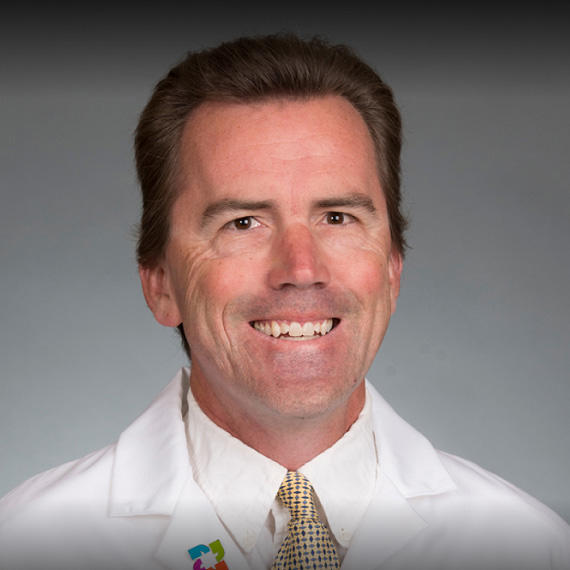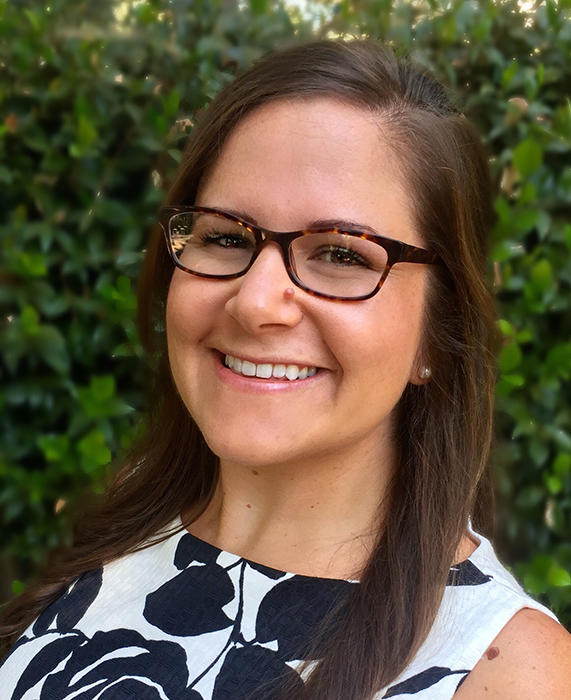We recently asked Dr. Tiffee to weigh in on his career, his non-traditional path to medicine, and how AUC students can position themselves for leadership roles.
Let’s start from the beginning. What brought you to AUC?
The plan was always to go to medical school but that got derailed during undergrad. I struggled with the coursework and left before graduation to move home. Back in Monterey, Louisiana, I became a paramedic and owned a bike and kayak shop, got married and had kids—I made a very nice life for myself.
But medical school was always lurking in the back of my mind.
One day, I just made the decision that I was going to make a medical career happen. So, at 28 years old, I re-started my undergrad at Louisiana State University (LSU) and five years later, I earned my bachelor’s degree.
I applied to LSU for medical school but didn’t get in. When I applied a second time and still didn’t get in, I started to look into other options. I had a few friends who had gone to AUC so I decided to give it a shot. I submitted my paperwork in October and got my acceptance call in December to begin in May. That was it. At 34 years old, I packed up my family, house, horses and set out for St. Maarten.
Fill us in on what you’ve been up to since graduation.
I just finished my residency at LSU’s emergency medicine program in Baton Rouge. I’m now an attending emergency medicine physician at Our Lady of Lourdes Regional Medical Center in Lafayette, Louisiana, a level three not-for-profit hospital with 186 beds.
Has emergency medicine always appealed to you?
As a paramedic, I liked working with really sick people so I knew I wanted to end up in either emergency medicine or critical care. When it came time to apply to residency programs, I leaned toward emergency medicine because critical care requires a fellowship (internal medicine residency followed by a critical care fellowship). I didn’t want to be starting my career at 40 years old.
Lucky for me, it worked out.
What was the residency application process like?
I applied to five programs in the Match and all of them were in Louisiana. Three programs were emergency medicine and as a backup, I applied to two internal medicine programs. I received interviews with three and ended up ranking LSU’s emergency medicine program number one. When I got the news that I matched there, I was ecstatic.
How did you use your clinical years to prepare for residency? What made you stand out?
The whole time in medical school, I knew that the end goal was to get myself and my family back to Louisiana. Because of that, I met with AUC’s clinical advisors early on to plan and set my clinical rotations at Baton Rouge Medical Center. That gave me an opportunity to build relationships with the doctors and staff there, which was a pivotal later on.
Looking back, I can pinpoint my success on two things: I worked really, really hard and I made myself known.
My advice is to treat your clinical years like a job audition: be the first one there and the last one to leave. When I was at Baton Rouge Medical Center, I introduced myself to as many people as I could, attended ER lectures even when I wasn’t on that rotation, showed up to events that the program was hosting, and volunteered to give lectures. Those little things made me recognizable and made me look really dedicated and serious.
I didn’t sleep very much—I still don’t—but you do what you need to do to succeed. I remember getting up early to study and then walking back home to wake up my kids and get them ready for school. It’s all about having a schedule and setting goals.
How did you get the coveted Chief Resident spot?
It came down to work ethic. I did the same thing in residency that I did during my rotations: came early, stayed late, saw as many patients as I could. That spot is voted on by the attendings, faculty and the other residents and I think they saw my drive and dedication.
The past four chief residents at my program were AUC graduates. We have a strong reputation and a strong presence there.
Any parting advice?
Most people have an inkling about what kind of doctor they want to be when they go to medical school. Listen to whatever that little voice is and stay focused. It’s not going to be easy but you know that. If it was easy, everyone would do it. But remember the end goal.
AUC gave me every opportunity to go in the direction that I wanted. I just had to make it happen.




